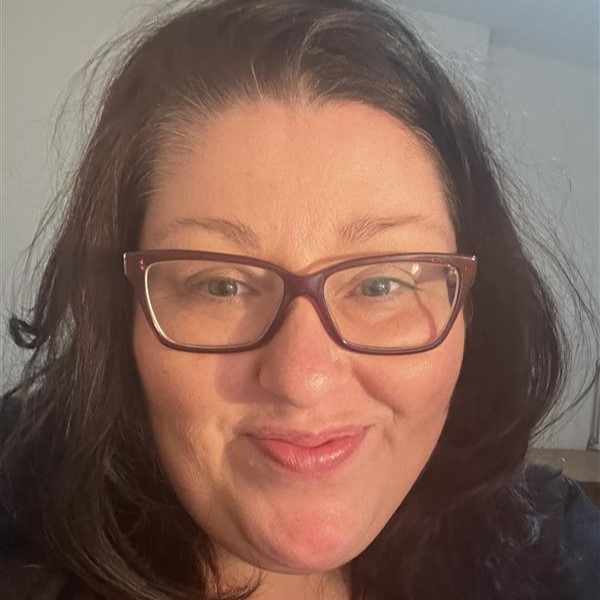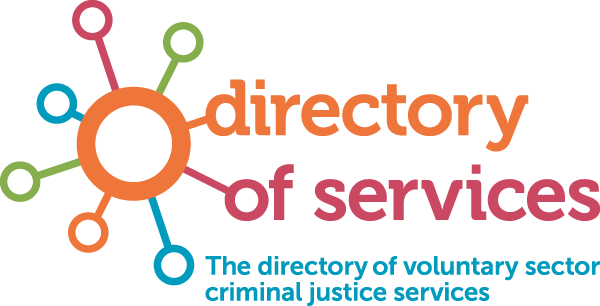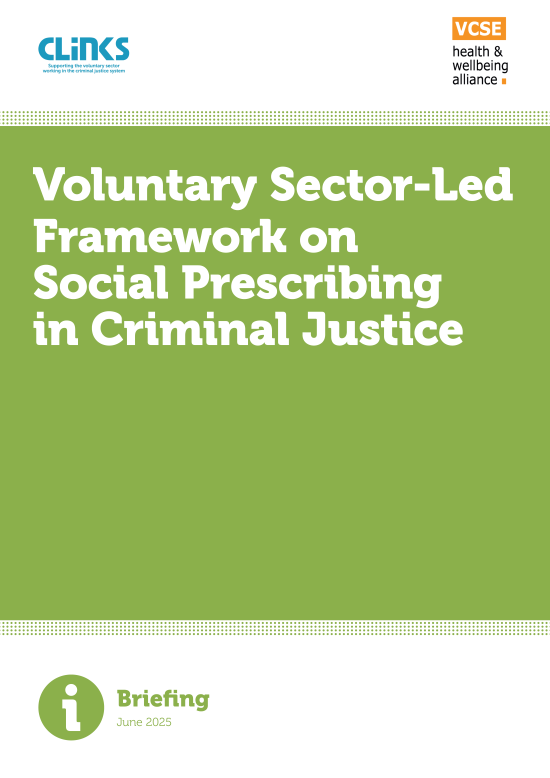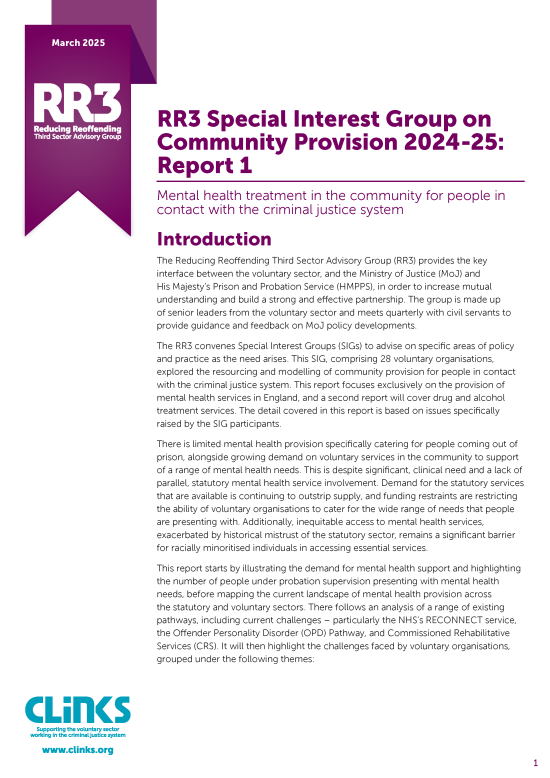Overview
People in contact with the criminal justice system experience significant disadvantages in health and wellbeing and are recognised as an 'inclusion health group' under the NHS Core20PLUS5 approach to reducing health inequalities.
Life expectancy for people in prison is around 25 years less than the general population, and people in contact with the criminal justice system experience major conditions at higher rates. People who are, or have been, in prison also tend to have higher risk of death from cancer than the general population. These stark inequalities mean people in prison are considered ‘older’ at 50.
Poor mental health is also prevalent among those in contact with the criminal justice system, often worsened by drug or alcohol dependence. The lack of access to mental health treatment or support, compounded by poor prison conditions and inadequate resettlement provision, can create and exacerbate common diagnoses like anxiety, depression, and personality disorders.
Voluntary sector organisations play a crucial role in addressing these health inequalities. They work closely with local services to offer flexible, holistic support, helping people navigate the significant barriers to accessing necessary health and social care. These organisations provide non-clinical interventions, such as social prescribing, to improve overall health and wellbeing. By offering personalised and holistic support to individuals and assisting them in understanding and managing their health needs, our members are essential in bridging the gap in healthcare for people in the criminal justice system.
Clinks is committed to ensuring the vital role of the voluntary sector is recognised and advocating for health services that better meet the needs of people in contact with the criminal justice system.
Our work
Keeping the voluntary sector informed
We are committed to keeping voluntary sector organisations informed by regularly sharing criminal justice updates and commissioning news through sector wide mailings and newsletters. These communications ensure that our members and others in the sector are up to date with the latest developments and opportunities.
Members can stay informed on health and justice developments with our bi-monthly bulletin for voluntary sector organisations involved, or with an interest, in the health and wellbeing of people in contact with the criminal justice system and their families. These communications cover policy developments, opportunities for commissioning and grant funding, training sessions, upcoming events, valuable resources, publications, and campaigns.
Championing the voluntary sector at the highest levels
Clinks is member of the VCSE Health and Wellbeing Alliance , which is jointly managed by the Department of Health and Social Care (DHSC), the UK Health Security Agency, and NHS England. The Alliance is made up of 18 voluntary sector members representing communities with protected characteristics or that experience health inequalities, as well as a VCSE coordinator. Through their networks, HW Alliance members can connect with communities and other voluntary sector organisations across England.
We also play an important role in championing the voluntary sector in at the highest levels through the Older People Seat on the Reducing Reoffending Third Sector Advisory Group (RR3) . Chaired by Clinks, this influential group of senior voluntary sector leaders amplifies the voices, concerns, and vital work of organisations supporting people in contact with the criminal justice system.
Listening and acting on the experiences and views of voluntary sector organisations
We actively gather intelligence from our members on emerging health and justice topics and key policy developments through email call-outs for information, and specific focus groups.
The information gathered is then collated and shared to inform our representative work officials in the Ministry of Justice and HMPPS and other stakeholders, ensuring that the voices and insights of our members are considered in policy decisions.
Facilitating networks and collaboration
Clinks Health and Justice Network and Older People in the Criminal Justice Network are two of several specialist networks that we convene, creating spaces for collaboration, knowledge sharing, and the promotion of good practice. The networks bring together the collective expertise of the sector to strengthen services and enhance outcomes for people in contact with the criminal justice system. To find out more about the Networks, contact our Health and Wellbeing lead.
Get involved
Social Prescribing Project
Our core focus is to engage and collaborate with the voluntary sector working in criminal justice to support and improve health and wellbeing. This scope includes both commissioned and non-commissioned services providing support to individuals with lived experience of the criminal justice system either in prison or in the community.
Throughout 2024-25, we are exploring the implementation of a Social Prescribing model in the criminal justice context, including prisons and community settings. This work builds on evidence gathered from previous projects with the voluntary sector.
The end goal is to produce a voluntary sector driven strategy for social prescribing in criminal justice settings. Our members and sector partners are actively contributing ideas and case studies to establish the framework for a strategy that speaks to the needs and priorities for of the voluntary sector.
Is your organisation involved, or has an interest, in the health and wellbeing of people in contact with the CJS?
Reach out to our Health and Wellbeing lead.









